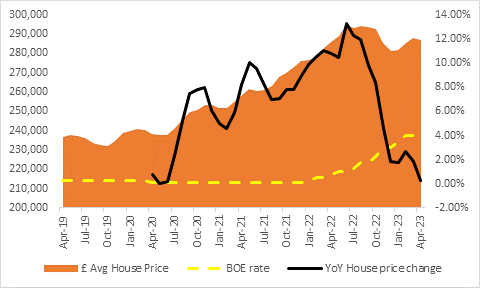
The potential impact of highly leveraged residential loans, including 100 per cent loan to value (LTV) mortgages, could vary significantly across countries, depending on their regulatory frameworks, economic environment and risk management practices.
There are several key points to consider:
Country-specific regulations: European countries with stricter lending standards and stronger regulatory frameworks, such as the UK, the Netherlands and Germany, may be better positioned to mitigate the potential risks associated with high leverage. However, countries such as Italy, Spain and Portugal with historically and relatively relaxed regulatory and lending standards could be more vulnerable to financial instability.
Property prices and market dynamics: Increased access to credit for residential properties could drive up demand, leading to asset bubbles. In contrast, if property prices decline, highly leveraged borrowers may face negative equity, affecting their willingness to repay.
Economic impact: Excessive leverage creates subsequent risks, which if realised, could lead to economic consequences such as reduced credit availability, dampened housing market activity and a potential negative impact on consumer spending and investment.
UK market well-positioned for 100 per cent return
The UK is one market that is well-placed to manage the re-emergence of 100 per cent LTV mortgages due to post-financial crisis measures such as:
- Strict lending standards enforced by the Financial Conduct Authority (FCA)
- Prudent lending practices followed by banks
- Regular stress tests conducted by the Bank of England
- Limited reliance on wholesale funding to expand mortgage offerings
- Capital adequacy requirements ensuring banks maintain sufficient capital buffers
- Strong emphasis on consumer protection
- Deep afters-ales market and a popular destination for foreign buyers
Arguably in a sign of confidence in such measures, in May 2023, Skipton Building Society launched a 100 per cent LTV mortgage aimed at first-time buyers; this is the first lender since the 2008 financial crisis to offer this.
On the other hand, the re-emergence of such products and demand for them indicates that affordability remains a serious issue, which has been exacerbated by an inadequate number of housing units coming to market versus demand. The systemic problem of inadequate supply has served to keep rents and house prices high.
Source: Halifax House Index and Bank of England
At the same time, highly leveraged lending is making a comeback and we are seeing central bank rates increase to post-crisis highs.
This is having the effect, in the UK certainly (see chart), of tempering house price rises. The combination of elevated house prices and tighter post-crisis regulation means the question really is how much effective demand will the likes of Skipton Building Society see for 100 per cent mortgages?
Such products may only appeal to buyers who do not wish to wait for rate cuts, price certainty or lack even a five per cent deposit. Additionally, with no guarantors, banks face high repayment risks.

















